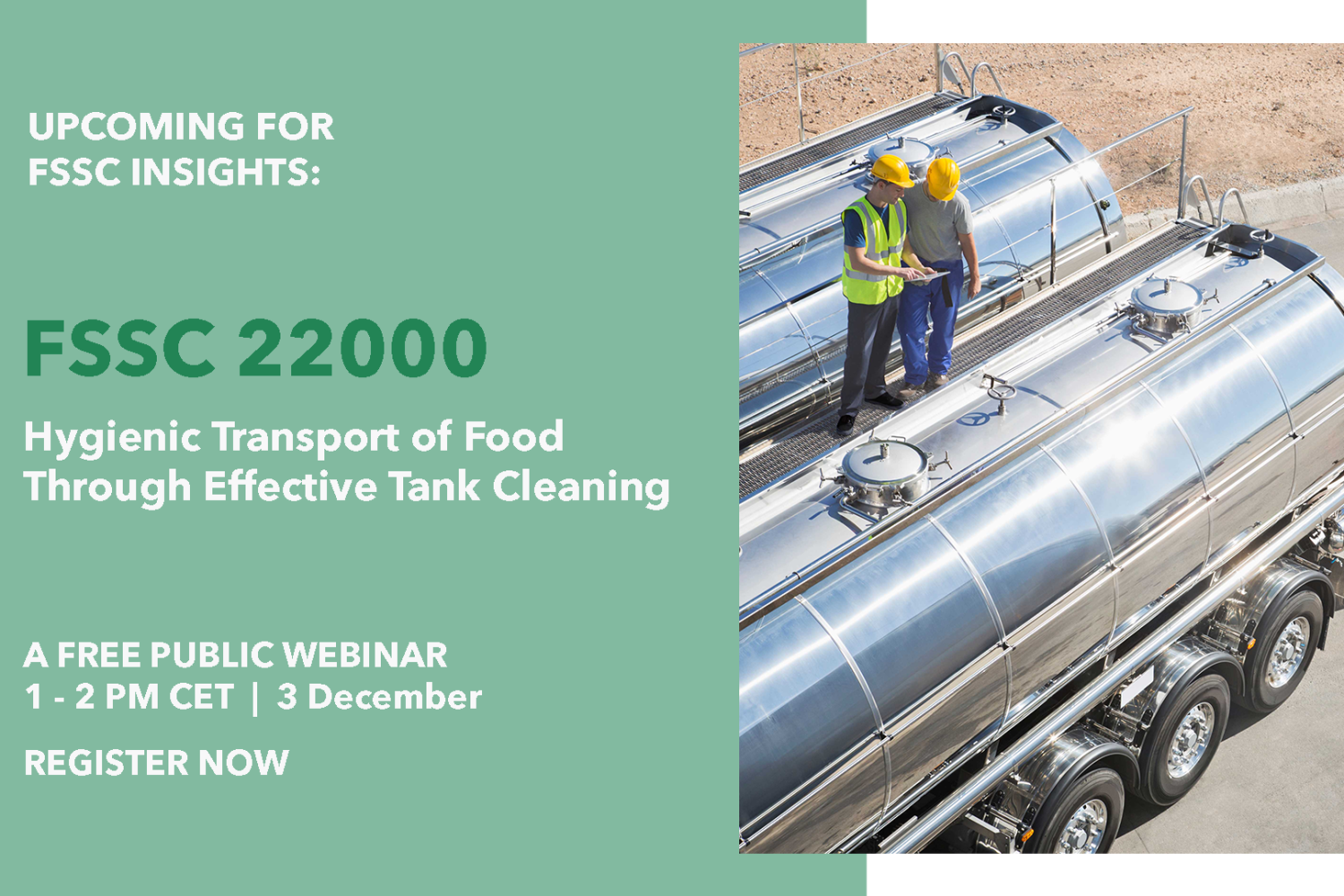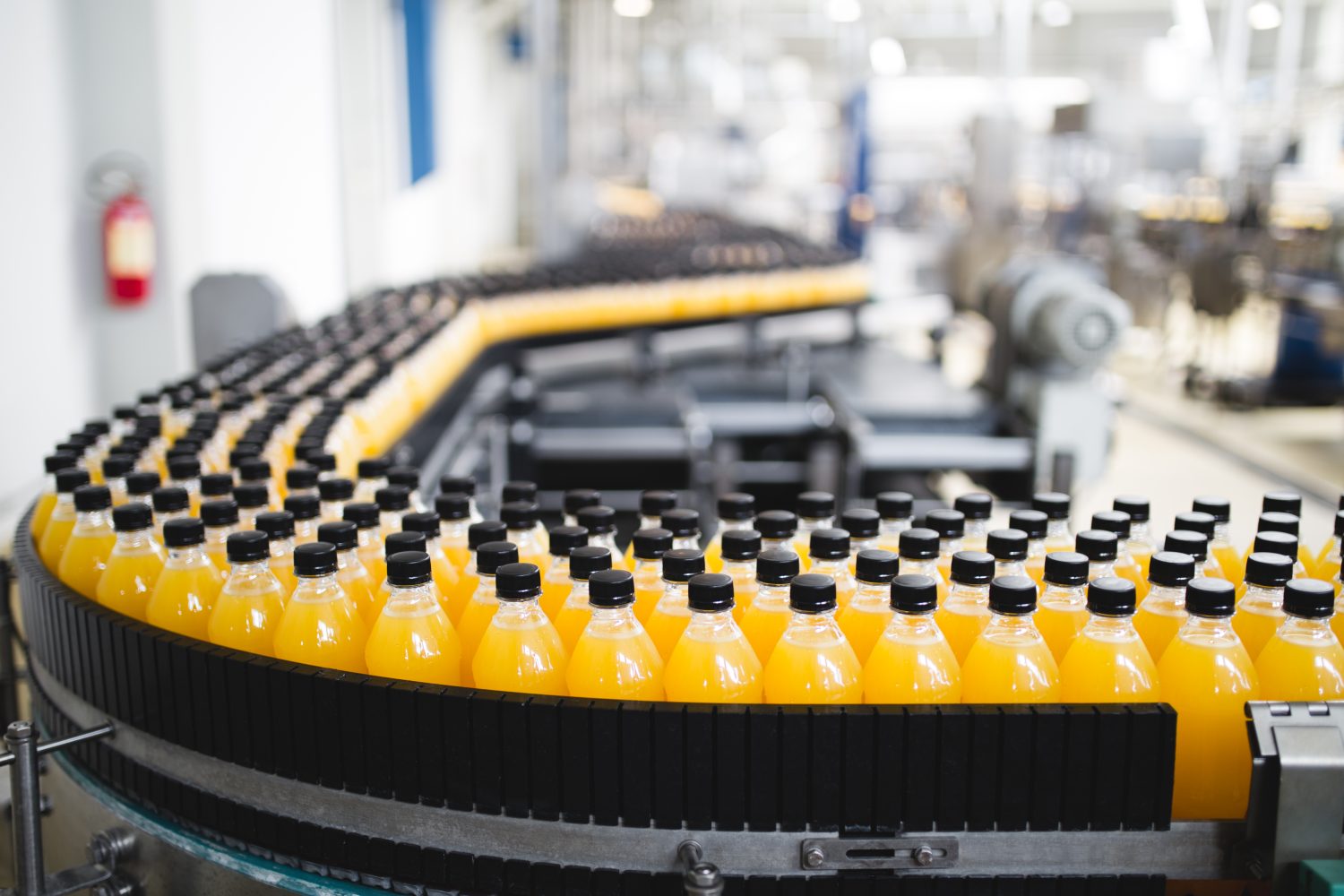The International Day of Awareness of Food Loss and Waste seeks to promote awareness and collective action to reduce food loss and waste (FLW). FSSC supports a range of targeted approaches for businesses, brought together under FSSC 22000, and beyond to advance FLW reduction across the consumer goods industry.
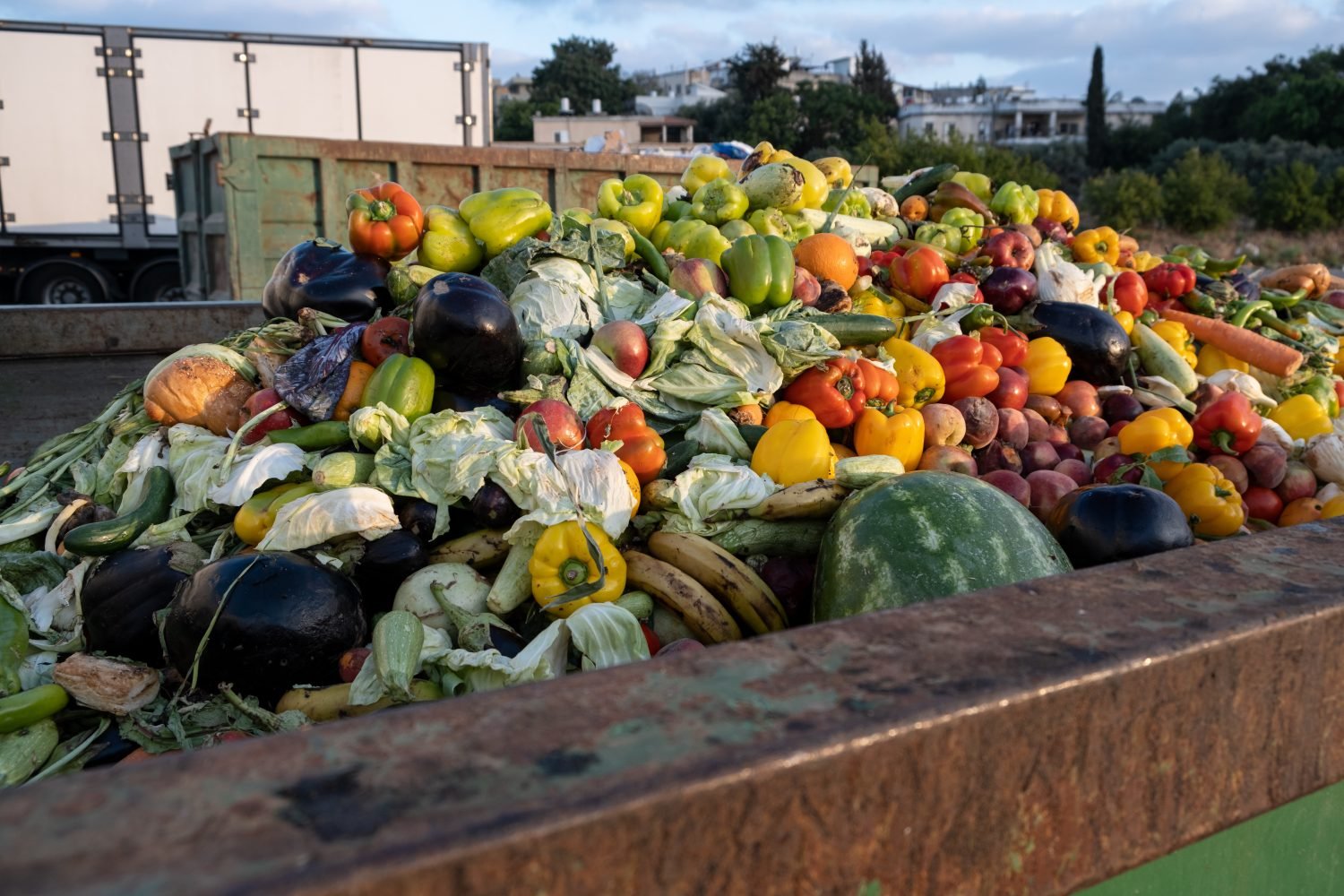
It is imperative to grasp the extent of food loss and waste (FLW) and its consequences to catalyze collective action towards reducing food waste and achieving SDG target 12.3 — halving global food waste by 2030.
In 2022, the world wasted 1.05 billion tonnes of food, amounting to one-fifth (19%) of food available to consumers being wasted at the retail, food service, and household levels (UNEP, 2024). That is in addition to the 13% of the world’s food lost in the supply chain (FAO, 2023), from post-harvest up to but excluding retail.
Linking Industry Standards to FLW Reduction
These findings confirm the relevance of the Additional Requirement on Food Loss and Waste (FLW) under our Food Safety Certification Scheme FSSC 22000. The Additional Requirement necessitates organizations holding and seeking FSSC 22000 certification to determine and implement measures to reduce both food loss and food waste.
But what exactly do we mean when discussing FLW? According to Appendix 1 of the FSSC 22000 Scheme Version 6, food loss occurs before food reaches the consumer due to issues in the supply chain during the production, processing, storage, and distribution phases. Food waste refers to food that is fit for consumption but consciously discarded at the retail or consumption levels.
Global Food Waste by Sectors and FSSC's Response
While most of the world’s food waste comes from households, the food service sector (27.56%) and the retail sector (12.44%) still account for 40% of global food waste, states the Food Waste Index Report.
As FSSC 22000 is a Food Safety Management System covering sectors that are prone to food loss, i.e., the manufacturing, transport, and storage of food, as well as to food waste, i.e., retail and catering, we chose to leverage our influence on global food safety through FSSC 22000 and deliver a significant positive impact toward SDG target 12.3.
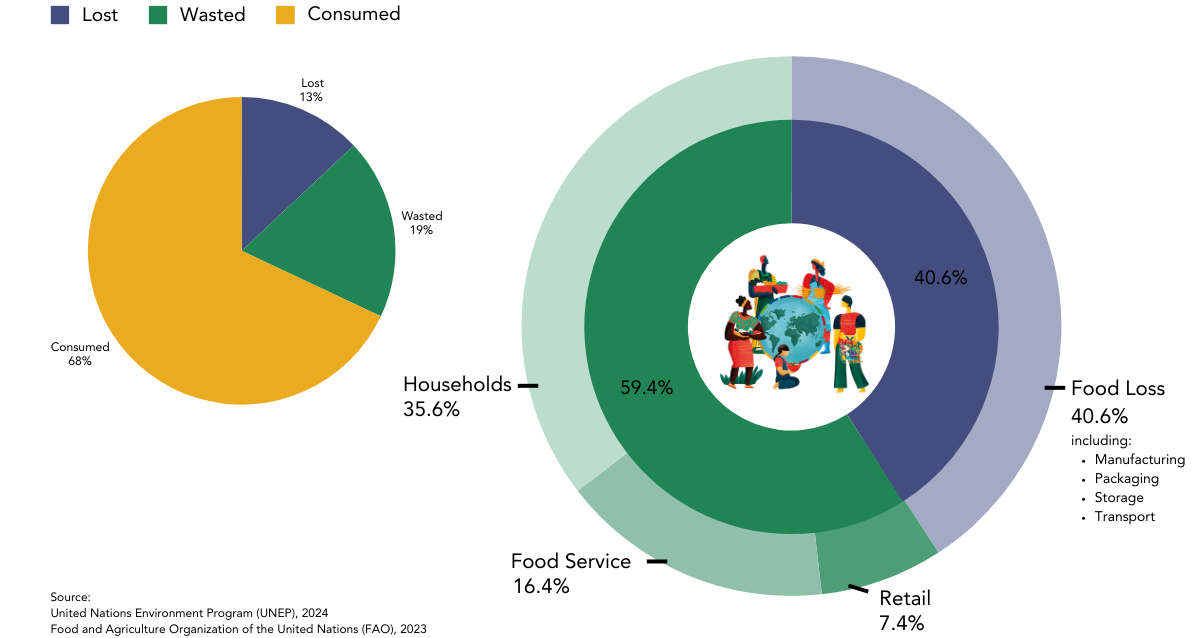
Conforming with the FSSC 22000 Additional Requirement on Food Loss and Waste (FLW), Certified Organizations in all food chain categories, but packaging materials, shall have a documented policy and objectives in place that detail their strategy to reduce FLW across all aspects of their operations and the related supply chain. This requirement, explained in detail in the FSSC Insights Webinar on Food Loss and Waste, underscores the importance of organizational measures to manage the donation of edible products and ensure that these products are safe to consume.
We see Food Loss and Waste as a matter of raw material efficiency. Through our FSSC 22000 Scheme, we want to enable companies to maximize safe food production and minimize food loss and waste. These concepts are two sides of the same coin that are not conflicting but complementary.Aldin Hilbrands, CEO, Foundation FSSC
The FLW requirement also considers non-edible food parts, such as eggshells or banana peels, as a type of FLW to encourage organizations to adopt a comprehensive approach to waste reduction and resource utilization. The FSSC Guidance Document on Food Loss and Waste makes corresponding suggestions. For example, instead of sending non-edible parts to landfills, organizations could investigate options such as composting or co-digestion, where these materials are repurposed for energy generation or soil enrichment.
While these measures may seem local, they can compound global benefits when multiplied. With more than 39,000 organizations certified to FSSC 22000 Version 6 and roughly 82% of FSSC 22000 certifications within the food manufacturing sector, all certified sites have integrated the FLW requirements under FSSC 22000 Scheme Version 6 since 1 April 2025.
Environmental and Humanitarian Impacts of Food Waste
Food loss and waste generate 8-10% of global greenhouse gas (GHG) emissions, almost five times the total emissions from the aviation sector (UNEP, 2024). With global households alone contributing to these GHG emissions by wasting one billion meals of edible food every day, 783 million people are hungry, and a third of humanity faces food insecurity.
By maximizing efficiency while minimizing waste, we add to a sustainable food system and help create a better world through improving food security and economic viability while reducing climate impact.Aldin Hilbrands, CEO, Foundation FSSC
Looking at these alarming numbers, the Foundation is all the more committed to helping the consumer goods industry reduce food loss and waste, mitigating both harmful environmental and disastrous humanitarian impacts. Our commitment to deliver against the global SDG target of halving food loss and waste by 2030 goes beyond certification.
Collaborative Solutions and Partnerships
Engaging in multi-stakeholder collaboration as one solution for global food waste reduction, FSSC became a member of the Dutch Food Waste Free United platform in 2022. The platform brings together various stakeholders across the food supply chain, allowing FSSC to understand the industry’s needs better and share knowledge, resources, and guidance to tackle food waste collectively.
On a global scale, FSSC has formed strategic affiliations with the United Nations Industrial Development Organization (UNIDO) and the World Packaging Organization (WPO) on food safety and packaging to reduce FLW and produce safer food worldwide. In cooperation with WPO and its members, FSSC is further determined to explore innovative solutions to reduce food loss and waste from a packaging design perspective, thereby intending less food to be discarded at the retail and consumption level. The FSSC Insights webinar FSSC 22000: Protecting Food, Reducing Waste with Smart Packaging featured the WPO Vice President of Sustainability & Save Food discussing innovative packaging design elements — such as functionality, accessibility, and shelf-life extension — that help packaging both preserve food and minimize waste across the supply chain. The webinar is exemplary for one of many awareness-raising initiatives by WPO and FSSC to advance sustainability in the food packaging industry while creating a positive impact on the broader consumer goods industry.
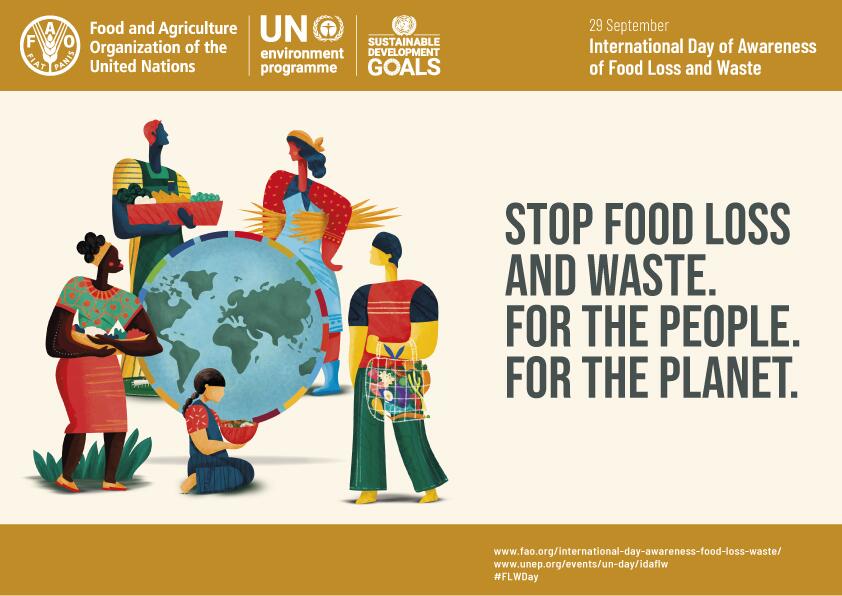
Explore our insights
-
Insights Webinar FSSC 22000: Hygienic Transport of Food Through Effective Tank Cleaning
Past event
|
3 December, 2025
-
Webinar: Action Plan Towards COP30 - Sustainable Food Systems
Past event
|
6 November, 2025
-
Insights Webinar FSSC 24000: Make with Care, Certify for Trust
Past event
|
22 October, 2025
